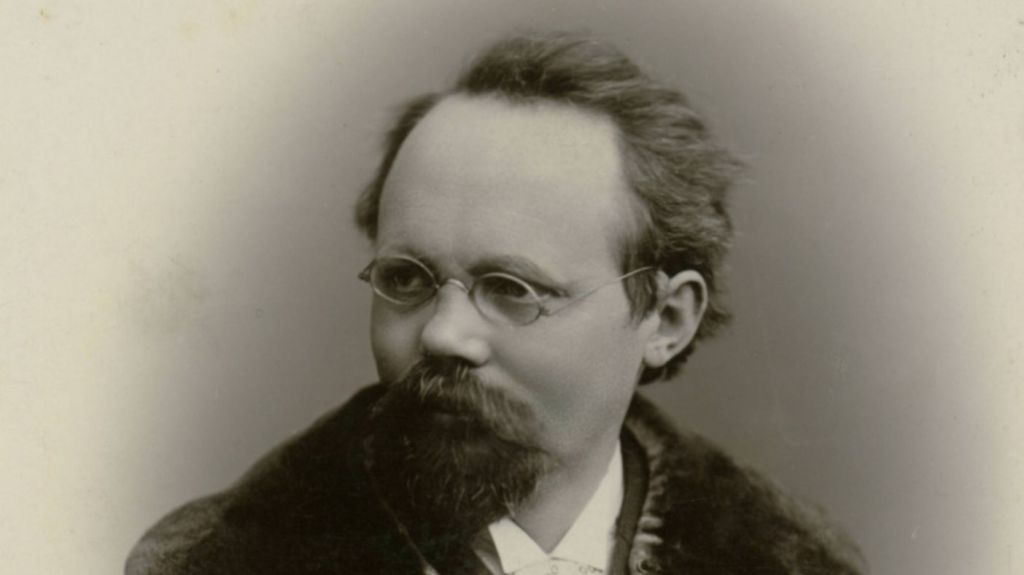The image of the absentminded composer is a familiar trope, from the example of Beethoven, who seems to have regularly forgotten to bathe, to Schumann who somehow ‘forgot’ to tell Clara he had syphilis. Search a little further down the pecking list, however, and you’ll find Engelbert Humperdinck (1854-1921), a strong contender for history’s most scatterbrained composer.

Humperdinck is remembered today as something of a one-hit wonder, the man whose opera Hänsel und Gretel conquered the world. Everybody loved Hänsel. Richard Strauss conducted the world premiere, Mahler declared it a masterpiece and Cosima Wagner was so enchanted by the Witch’s Waltz that during a private playthrough she actually got up and capered around the room. Humperdinck wrote considerably more, not least his masterpiece, Königskinder, which triumphed briefly at the Met in 1910, but his life was also spent juggling work as a composer with teaching jobs and journalism. Perhaps that is why his mind was often elsewhere.
As a teacher, Humperdinck was highly regarded by his pupils but even they couldn’t fail to notice his absentmindedness. The composer Cyril Scott, who studied under him in Leipzig, commented on his wandering ways in this...











Comments
Log in to join the conversation.